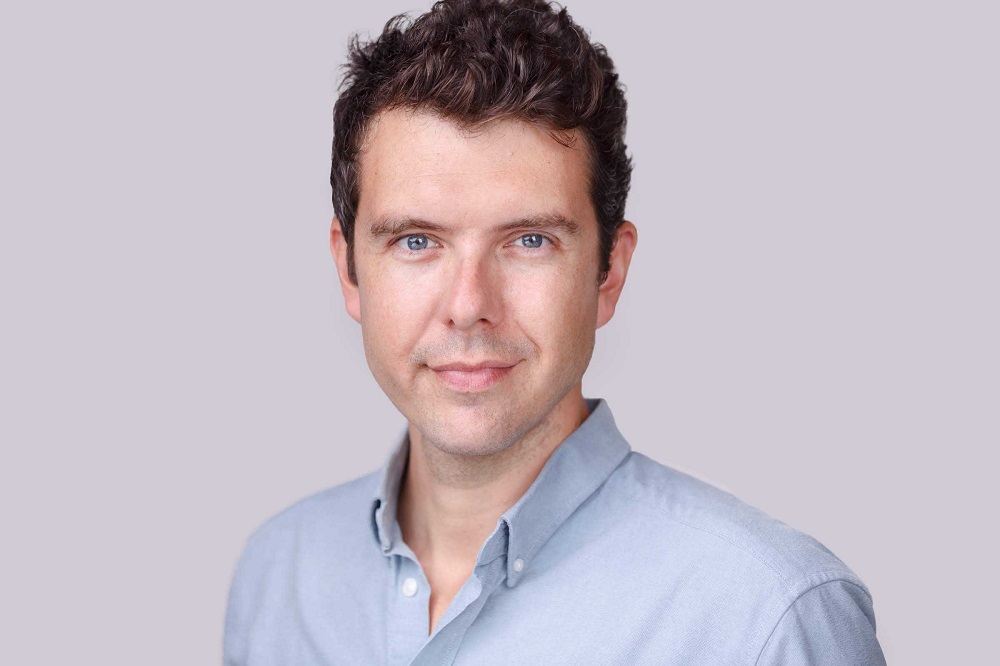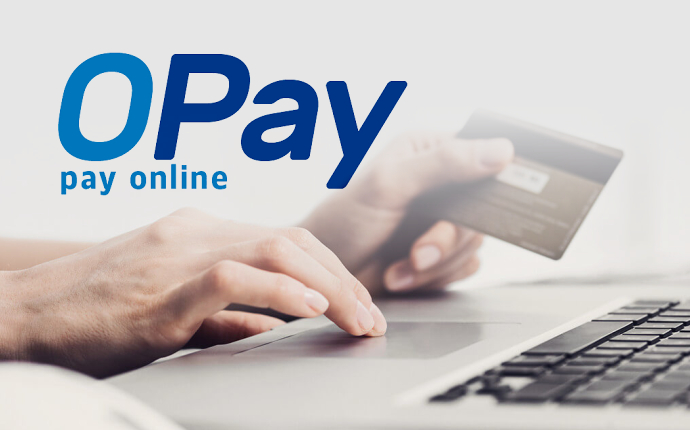OPay Sounds Positive as Platform Processed $2 Billion in Transactions In December 2020
Smarting from the challenges of Covid-19 and run-ins with some government regulations in some countries, Opera, the software company that owns the widely-used Opera browser and content platform, Opera News and other companies such as fintech platform OPay, has released its results for the fourth quarter of 2020 showing strong results for the quarter with $50.4 million in revenue. That’s an increase of 19% from Q3 when its revenue was $42.4 million. Most of this growth was driven by its search and advertising business which brought in revenue of $48.9m. It has been able to monetize its platform even more because it is growing its users at a breakneck pace – Opera says it added 29 million users in 2020.

The Chief Financial Officer (CFO) of Opera, Frode Jacobsen, said that “OPay’s revenue is increasing quite rapidly while the company is able to achieve profits right around breakeven despite the growth. We expect this growth to continue as OPay continues to scale in Nigeria and expands to an additional country in Africa.”
Read also:Opera launches Hype in Kenya
Opera owns 13.1% of the fintech startup, OPay and as such, it reports on that investment in its earnings report. According to that report, “Other items of note include…$8 million increase in the book value of our preference shares in Starmaker and OPay.”
It also says that OPay continues to grow at a massive scale. In Q3 2020, we reported Opera’s claim that OPay processed a gross transaction value of $1.4 billion in the month of October. As we stated in that report, there is no independent way to verify those numbers. The company launched Opera GX, a browser which it says it built specifically with gaming in mind. It has proved popular with gamers with over 7 million users. This sort of reach means it can charge advertisers more, as that revenue stream is up from $19m in Q3 to $23m in Q4. While its existing income streams are impressive, the company will be adding new revenue streams with interesting new products and features. One of those is a digital wallet called Dify.
Read also:Thndr, Egyptian Fintech Startup Helps Users to Trade Mutual Funds
Opera’s Co-CEO Ling Son said that the company announced the launch of Dify, its new digital wallet that will fully integrate into its browser. “What this means is that online shopping is about to become a lot more convenient for Opera browser users”
Opera will push adoption for this product by providing cash back incentives to users who shop from the 300 merchants that are already part of the program. Online payments can sometimes have a layer of complexity due to required security measures, but an integrated wallet could, in theory, be easier to use. Opera believes Dify is a “significant” product; and according to the numbers it reports for Opera news, Dify already has a large pool of users. Opera News is huge in Africa and the company says that the continent contributes a huge chunk to its estimated 200 million users in emerging markets. At the end of 2020, Opera news expanded to more “developed” markets.
While the company has not shared the numbers of OPay, it says that “the early results have been promising.” According to Lin Song, “we’re getting right now well-positioned to scale. While there will be meaningful upfront and marketing costs and in our user acquisition, we will broaden our ecosystem in developed markets with a larger and profitable content business and with a major potential impact on our revenue growth this year.”
Read also:OPay Eyes North Africa Buoyed by Nigeria Success
OPay’s market share in Nigeria according to NIBSS is around 70% even though this might not be a full reflection of OPay’s transaction value. OPay says it processed a gross transaction value of $2 billion in December alone, a 43% jump in two months. With its expansion to another African country and the prospect of more customers, it will be more interesting to see what its reported numbers will be by the end of Q1 2021.
Kelechi Deca

Kelechi Deca has over two decades of media experience, he has traveled to over 77 countries reporting on multilateral development institutions, international business, trade, travels, culture, and diplomacy. He is also a petrol head with in-depth knowledge of automobiles and the auto industry







